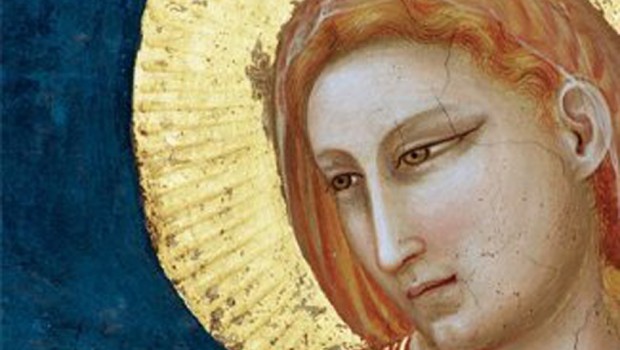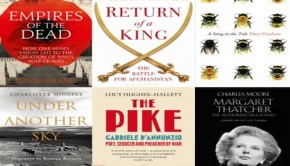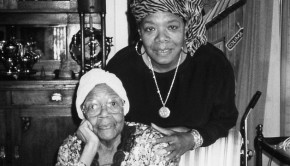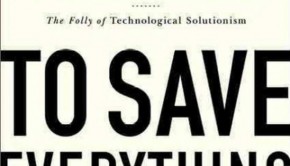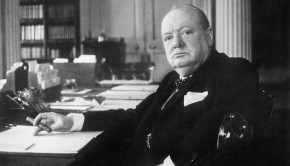Silence: A Christian History by Diarmaid MacCulloch
Diarmaid MacCulloch unravels a polyphony of silences from the history of Christianity and beyond. He considers the surprisingly mixed attitudes of Judaism to silence, Jewish and Christian borrowings from Greek explorations of the divine, and the silences which were a feature of Jesus’s brief ministry and witness. Besides prayer and mystical contemplation, there are shame and evasion; careless and purposeful forgetting. Many deliberate silences are revealed: the forgetting of histories which were not useful to later Church authorities (such as the leadership roles of women among the first Christians), or the constant problems which Christianity has faced in dealing honestly with sexuality. Behind all this is the silence of God; and in a deeply personal final chapter, MacCulloch brings a message of optimism for those who still seek God beyond the clamorous noise of over-confident certainties.
Christianity: The First Three Thousand Years by Diarmaid MacCulloch





Times Higher Education
Ursula King
“… a masterly account full of surprises, a series of extraordinary tales, to be read like a detective story. MacCulloch is a superb raconteur, full of imagination, wit, irony and fun, who entertains, challenges, enlightens and occasionally enrages his readers. But beyond mere storytelling and the skilful display of his depth of learning, he also takes a strong ethical stance in telling the truth and revealing some of the darker sides of Christian history … In spite of its admirable inclusiveness, this fascinating book remains thoroughly grounded in a Western Protestant perspective that leaves much of global Christian history out of the picture.“
14/04/2013





The Guardian
Stuart Kelly
“… intellectually robust, and without the prevarications and self-qualifications that sometimes stymie academic prose. Indeed, MacCulloch is by turns precise, poetic and righteously indignant … [He] delicately balances the attractions of the via negativa with a concerned awareness that retreat from the world can also be a capitulation to its power and prejudices, a spiritual solipsism.“
30/03/2013





The Observer
Richard Coles
“That silence should be essential to Christian traditions is actually rather a surprise, considering the noisy world from which it springs … Perhaps … we might impose on ourselves another kind of silence, and listen, in humility and with penitence, to God speaking in God’s endlessly surprising and confounding ways.“
21/04/2013





The Spectator
Sara Maitland
“It may be an odd thing to say about a history of the intersection of platonic philosophy and Christian and Judaic spiritual theologies, but actually it is great fun. A good read. Nonetheless it is also odd and unexpected … It is a sign of the times, I think, when a book of this substance tells the reader more about the author’s sexuality than about his relationship to the faith he is discussing … But the real reason it is an odd book is because it is really two different books not quite seamlessly stuck together.“
13/04/2013





The Daily Telegraph
Tom Payne
“… a history of Christianity that looks like a negative of its written records. This sounds like the tactic of a conspiracy theorist, but MacCulloch is an assured reader of actual clues, and very little of his project feels speculative. He ends up encouraging us to embrace ambiguities, rather than bow to assertions“
11/04/2013





The Times
Richard Holloway
“Compelling … MacCulloch’s account is peppered with the kind of delicious asides that make him such a compulsively readable historian. The one I enjoyed most was his riff on the gay history of Anglo-Catholicism, which begins with the Blessed John Henry Newman and ends in the Ordinariate, the secure unit established by Pope Benedict XVI to protect Anglo-Catholics from the monstrous advances of women.“
23/03/2013





The Sunday Times
Nick Rennison
“Brilliantly wide-ranging … Whether considering silences that brought worshippers closer to God or those that should be broken for the health of Christian society, MacCulloch has written a clever, demanding and insightful book.“
31/03/2013





The Literary Review
Karen Armstrong
“The apophatic could be a useful counterpart to the strident dogmatism and misplaced omniscience of much modern discourse. MacCulloch, however, seems to associate silence chiefly with secrecy and concealment. I could not agree more with his eloquent condemnation of the disgraceful ‘silences’ in Christian history, the lamentable failure to speak out against such atrocities as slavery, the Holocaust and child abuse. But I cannot agree with his conclusion that a ‘theology of silence’ is incapable of fighting evil in human society.“
01/04/2013





The Economist
The Economist
“The author’s dislike for the official version can drive him to embrace contrarian theories with more certainty than the evidence warrants … Sir Diarmaid’s assumption is that Christian doctrine was bent and twisted, and that certain church fathers were airbrushed out of history and then posthumously half-rehabilitated, according to the dictates of imperial expediency. His approach explains part of the Christian narrative but not everything. He is entitled to challenge conventional ecclesiastical wisdom, but that does not mean his alternative theories are demonstrably true.“
30/03/2013

